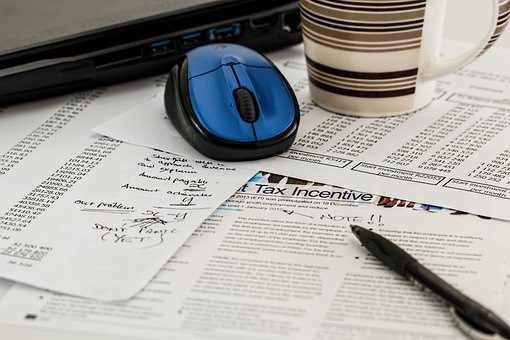Income Tax Act 2007
The Income Tax Act is a piece of legislation that sets out the rules and regulations governing the taxation of income in a country. The act typically defines what income is subject to tax, the tax rates that apply to different levels of income, and the procedures for filing tax returns, making payments, and enforcing tax laws. The Income Tax Act is usually enforced by a government agency, such as the Internal Revenue Service in the United States or HM Revenue and Customs in the United Kingdom. The purpose of the Income Tax Act is to provide a framework for the fair and efficient administration of income tax, ensuring that individuals and businesses pay the appropriate amount of tax based on their income level and other relevant factors.

The Income Tax Act 2007 is a UK law that sets out the rules and regulations for the taxation of income.
Here are some key points to keep in mind:
Purpose
The main purpose of the act is to provide a framework for the imposition, collection, and administration of income tax in the UK.
Returns and Payments
The act requires taxpayers to submit self-assessment tax returns to HM Revenue and Customs (HMRC) on a regular basis, and make payments of tax owed.
Penalties and Interest
The act allows HMRC to impose penalties and interest charges for various tax-related offences, including late submission of tax returns and non-payment of tax.
Income Tax Rates
The act sets out the rates of income tax that apply to different levels of income, and provides for the Personal Allowance (the amount of income that is tax-free) and the Higher Rate Threshold (the income level above which higher tax rates apply).
Allowances and Deductions
The act provides for various allowances and deductions that can be used to reduce taxable income, including the Personal Allowance, Married Couple's Allowance, and certain expenses and reliefs.
Taxable Income
The act sets out the rules for determining what income is taxable, including employment income, self-employment income, rental income, investment income, and other forms of income.
What is the tax-free dividend allowance?
The Income Tax Act 2007 is a UK tax law that sets out the rules and regulations governing the calculation, reporting, and payment of income tax. Here are some potential benefits of the Income Tax Act 2007:
Clarity and Certainty: The Income Tax Act 2007 provides clear and concise rules and regulations for calculating and reporting income tax, providing individuals and businesses with certainty and predictability when it comes to their tax obligations.
Simplicity and Efficiency: The Income Tax Act 2007 simplifies the tax code and streamlines the tax filing process, reducing administrative burden and improving efficiency.
Tax Relief and Incentives: The Income Tax Act 2007 provides various tax relief and incentives to encourage individuals and businesses to invest in certain areas, such as research and development, social enterprises, and charitable donations.
Compliance and Enforcement: The Income Tax Act 2007 strengthens the powers of HM Revenue and Customs (HMRC) to enforce tax compliance and deter tax evasion and avoidance, promoting fairness and equality in the tax system.
Flexibility and Adaptability: The Income Tax Act 2007 allows for changes and updates to the tax system to reflect changes in the economy, technology, and social needs, ensuring that the tax system remains relevant and effective.
The Personal Allowance is the amount of income that an individual can earn before they are required to pay income tax. The amount of the Personal Allowance is set by the government and is subject to change each year.
The tax rates for income tax in the UK vary depending on the level of income. The basic rate of income tax is currently 20%, the higher rate is 40%, and the additional rate is 45%.
A self-assessment tax return is a form that taxpayers are required to fill out and submit to HM Revenue and Customs (HMRC) in order to report their income, claim any allowances or deductions, and calculate the amount of tax they owe.
If you don't submit your tax return on time, you may be subject to penalties and interest charges. The amount of the penalty will depend on how late the tax return is filed and how much tax is owed.
The tax-free dividend allowance is the amount of dividends that can be received without incurring income tax. The amount of the tax-free dividend allowance is currently £2,000 per tax year.
GET IN TOUCH
We prepare taxes, plan for the future, and provide advice on all of your financial needs. We take a comprehensive approach to our clients. We don’t just apply a single solution.
Call or email us any time or, simply fill out the contact form below and a member of our team will be in touch.
